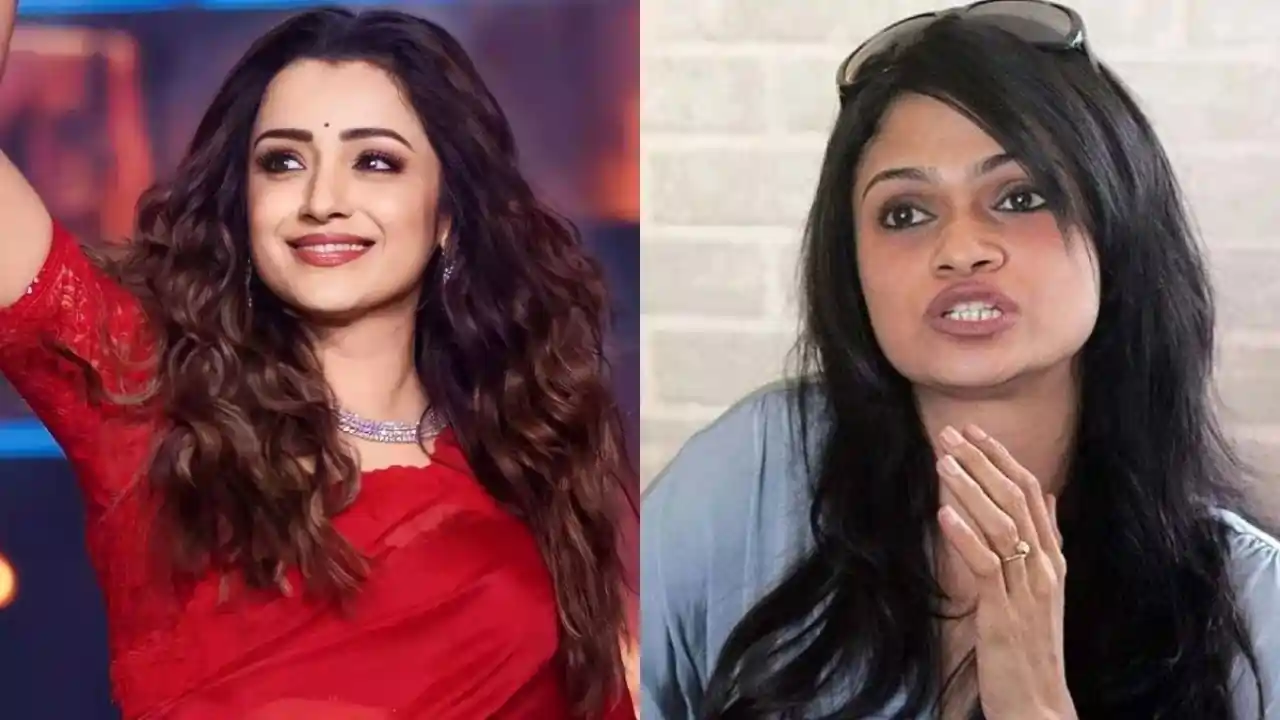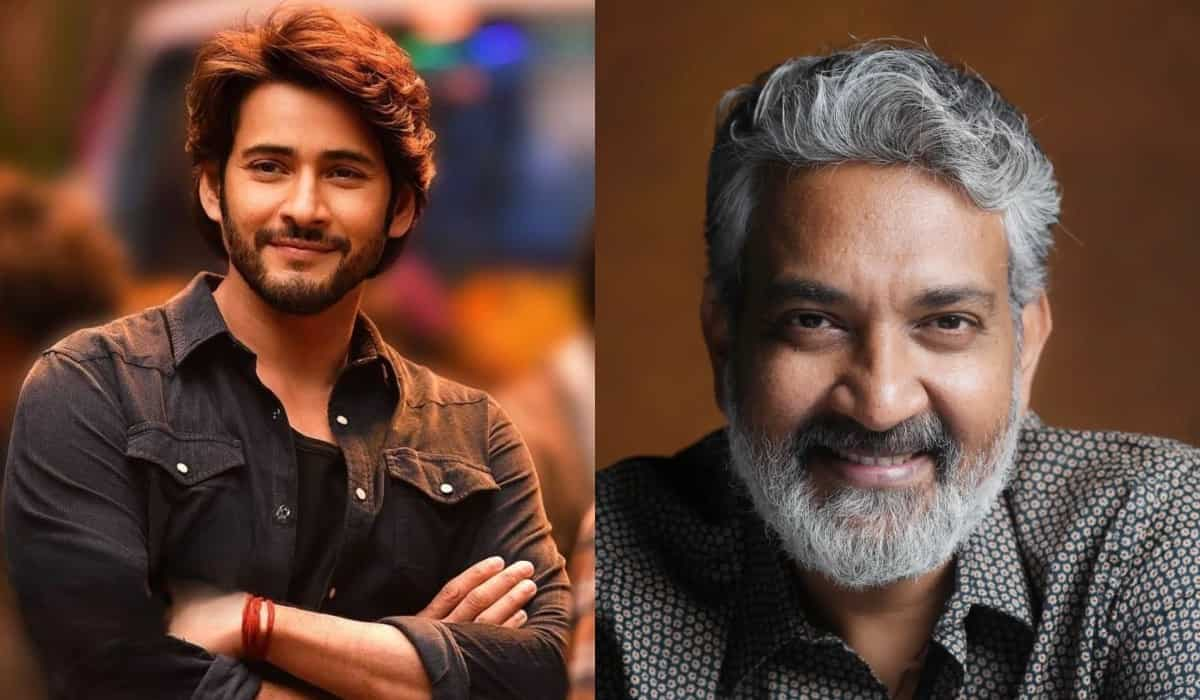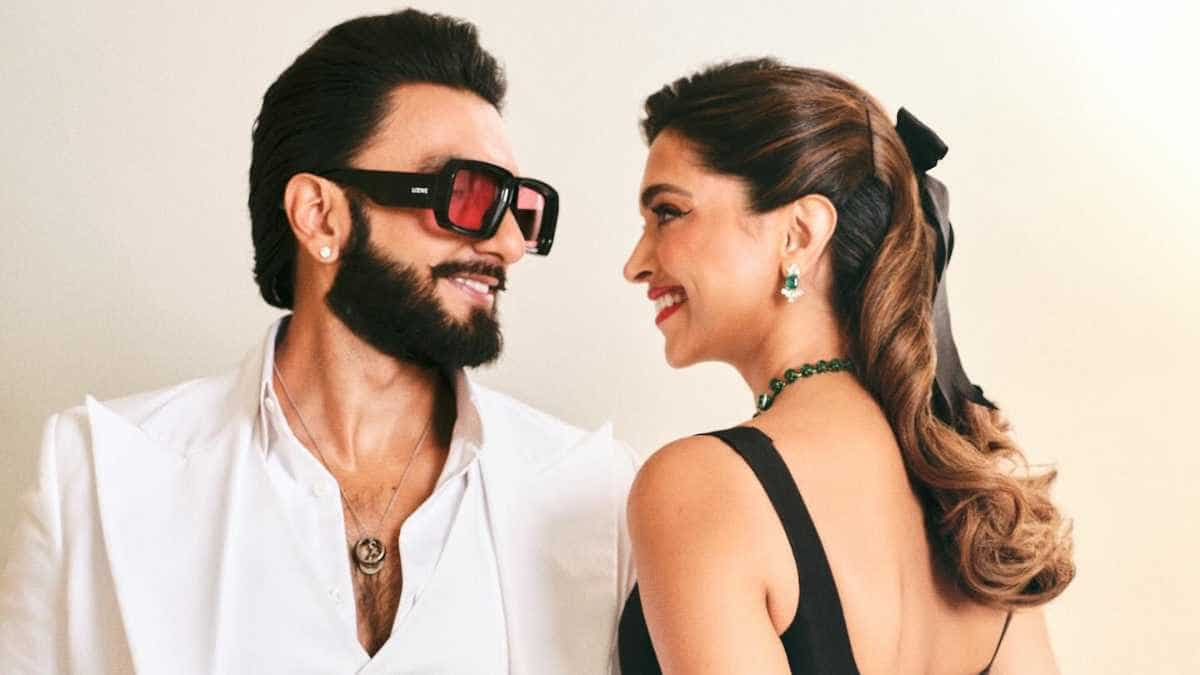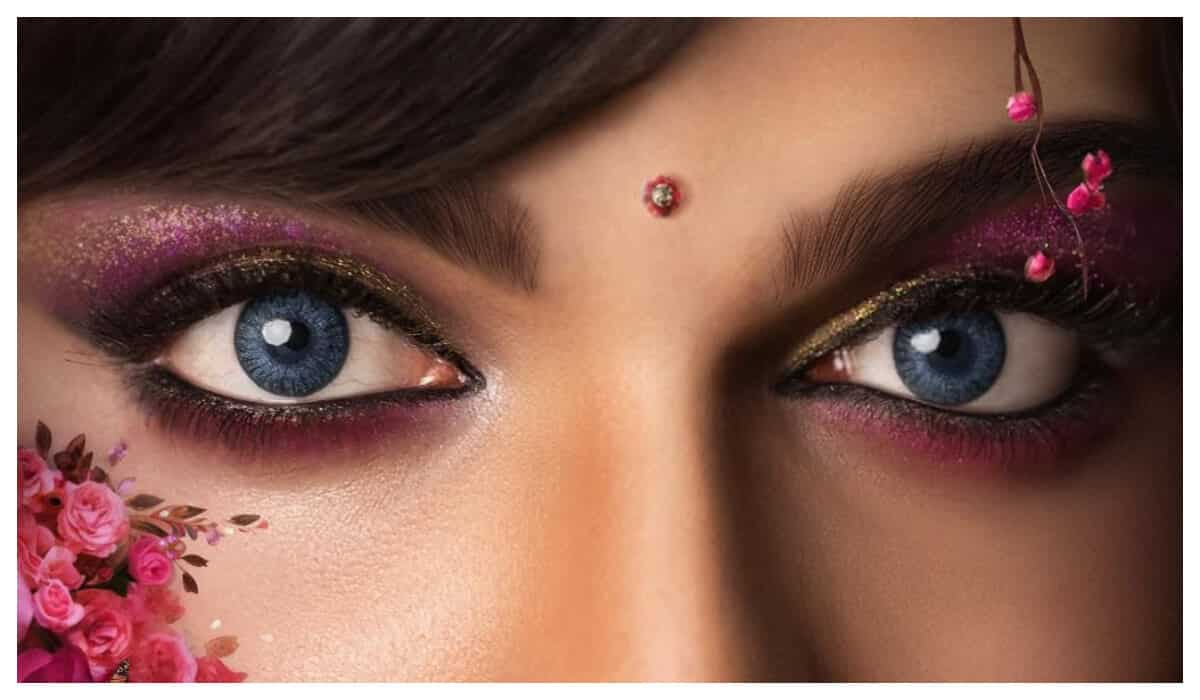
Euro a tougher competition than the World Cup: Patrice Evra
20 days ago | 12 Views
Is the European Championship more difficult to win than the World Cup? It’s a debate that’s endured through time.
Given the number of teams that participate and the prestige attached to it, one would imagine there’s more pressure on players at the World Cup. But what about the intense competition from the get-go at the Euros? Such is the wealth of world class footballing nations in the continent that we often see heavyweights not advance to the World Cup from the European qualifiers. Does that make the Euros more challenging?
Kylian Mbappe, for one, believes so. The French forward, arguably the best player in the world currently, recently said that the Euros are “more complicated to win” than the World Cup. His compatriot Patrice Evra believes that the World Cup offers more breathing space to teams.
“I feel sometimes in the World Cup, you can have an easy group,” said the former France and Manchester United left-back during an interaction organised by broadcaster Sony Sports.
“You can play against teams you’ve never faced before and teams that are competing in their first World Cup. But the Euro, for me, is similar to the Champions League. You have the best teams in Europe and every side knows the others well. It’s a tough competition. You’re in trouble and under pressure even if you lose or draw your first game. So, you have to be at your best from the start. There are many examples of players who won the World Cup but never the Champions League or Euro. I think most players would admit that the Euro is a tougher competition than the World Cup.”
France will be one of the favourites at this year’s Euros, which starts in Germany on Friday with the final to be played on July 14. The Les Bleus, who won the World Cup in 2018 and finished runners-up in 2022, have great depth in their ranks with Mbappe, Antoine Griezmann, Eduardo Camavinga and N'Golo Kante present. It’s worth noting, however, that they haven’t won the Euros in the past 24 years. France, who won in 2000, lost the 2016 final to Portugal.
“France have got so many good players,” said Evra. “When you want to win a big tournament, it’s not about your starting XI, but the bench. For example, at Manchester United we could have played three teams. That’s the same with France. I feel they unearth a quality new player every day. But it can also be a disadvantage because confidence is in our DNA. Sometimes, we can be arrogant because we believe we are too good. So, the biggest challenge for France will be France. Having said that, I’m not too worried because (coach) Didier Deschamps is so humble and determined. France are still here and have great diversity.”
All eyes will also be on Germany. Apart from dealing with the pressure of expectations that comes with playing on home turf, they will have a point to prove after a string of disappointing results in the biggest competitions. Germany are the most successful side in Euros history (three titles) along with Spain, but they were knocked out in the round of 16 in the previous edition. At the last two World Cups, they couldn’t even get out of the group stage.
“Germany are getting back to their best slowly and steadily under their new manager (Julian Nagelsmann),” said Evra, who played 81 times for France. “They have a lot of youngsters. We shouldn’t say they won’t have a good tournament. They’re a really proud nation and are playing at home. I think Germany have a great chance to win the tournament this time.”
Besides Spain, England, Portugal and defending champions Italy, Evra believes Denmark and Croatia could spring a surprise.
“I was disappointed by how Denmark finished in the Qatar World Cup,” said the 43-year-old. “But they are tough. I want Croatia to win as well because it will be amazing for football in their country. People always underestimate them but during my time, they were the one team I never wanted to play against.”
Read Also: olympics: indian men's boxing dip blamed on selection policy
#
















